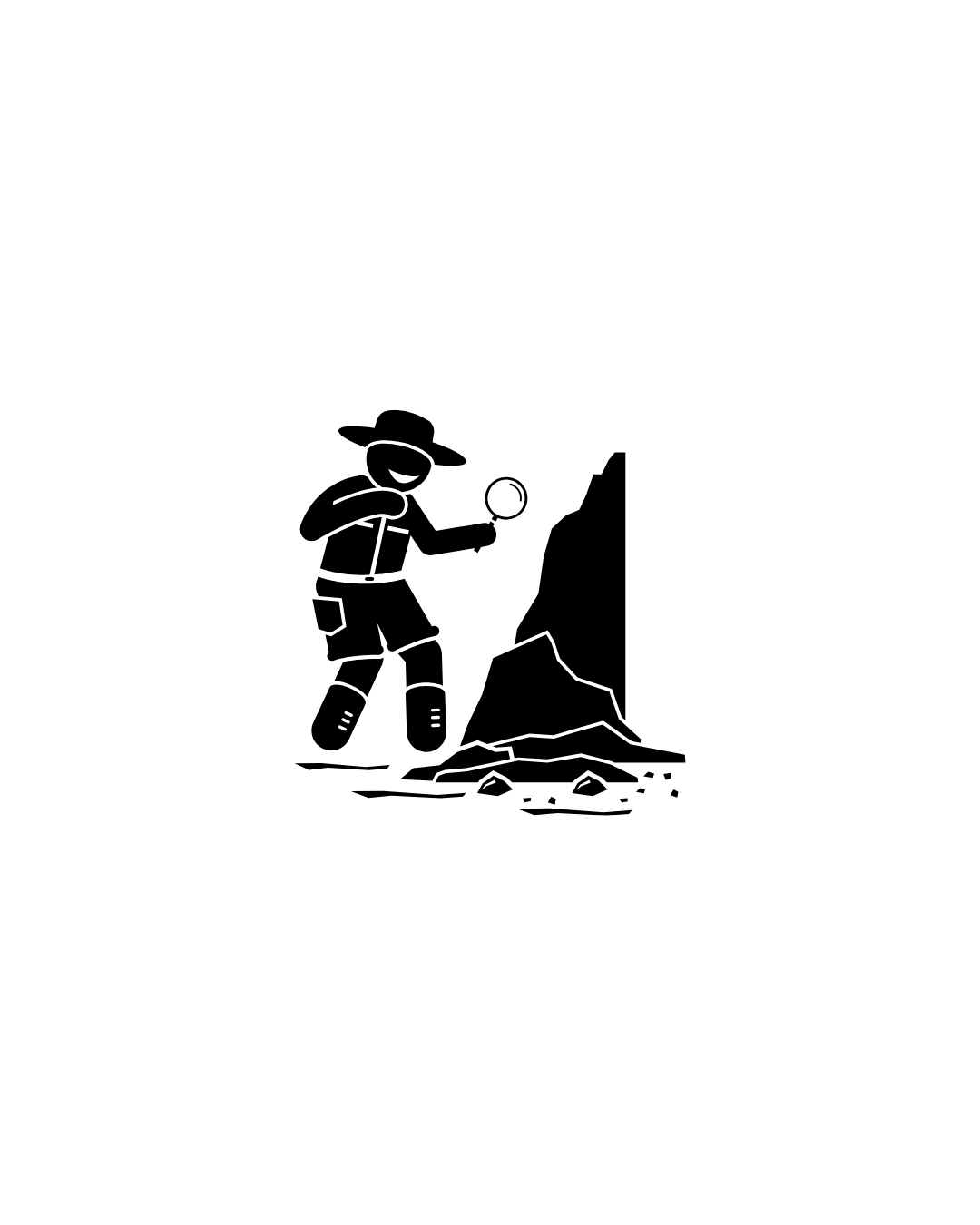Description
A Bachelor of Science (B.Sc) (Honours) in Geology is an undergraduate program that focuses on the study of the Earth, its materials, processes, and history. This degree prepares students to understand geological processes, including the formation and evolution of rocks and minerals, as well as the impacts of geological phenomena on the environment and society.
Program Overview
Duration: Typically takes 3 to 4 years to complete, depending on the institution and country.
Mode: Offered in full-time, part-time, or online formats.
Eligibility: Generally requires a high school diploma with strong backgrounds in mathematics and science, particularly physics and chemistry.
Core Curriculum
The curriculum for a B.Sc (Honours) in Geology usually includes a mix of core courses, laboratory work, and field studies, covering essential topics such as:
Introduction to Geology: Overview of fundamental geological concepts, including the rock cycle, mineralogy, and stratigraphy.
Mineralogy: Study of minerals, their properties, classification, and identification, along with their geological significance.
Petrology: Examination of the origin, composition, and structure of rocks, focusing on igneous, sedimentary, and metamorphic rocks.
Structural Geology: Investigation of geological structures such as faults, folds, and mountain ranges, and their significance in understanding Earth’s processes.
Geological Mapping: Techniques for creating and interpreting geological maps, including fieldwork and the use of mapping software.
Paleontology: Study of ancient life through fossils, including methods of dating and interpreting fossil records.
Geochemistry: Examination of the chemical composition of Earth materials and processes such as weathering, mineral formation, and diagenesis.
Geophysics: Introduction to physical principles used to study the Earth?s interior, including seismic, magnetic, and gravitational methods.
Environmental Geology: Understanding how geological processes affect the environment, including natural hazards, resource management, and sustainability.
Skills Developed
Fieldwork Skills: Hands-on experience in conducting geological surveys, sampling, and mapping in outdoor settings.
Laboratory Skills: Proficiency with analytical techniques for mineral and rock analysis, including microscopy and geochemical testing.
Analytical and Problem-Solving Skills: Ability to analyze geological data and solve complex problems related to Earth processes.
Research Skills: Experience in conducting independent research projects, including data collection and analysis.
Communication Skills: Development of the ability to present geological findings clearly in written reports, presentations, and scientific articles.
Career Opportunities
Graduates with a B.Sc (Honours) in Geology can pursue various career paths, including:
Geologist: Conducting research and fieldwork to study Earth materials and processes, often for environmental assessment or resource exploration.
Environmental Consultant: Providing expertise on geological issues related to environmental impact assessments, land use, and pollution remediation.
Mining Geologist: Working in the mining industry to explore and assess mineral resources, contributing to mine planning and management.
Hydrogeologist: Studying groundwater systems to assess and manage water resources, including pollution and aquifer recharge.
Petroleum Geologist: Exploring and analyzing subsurface formations for oil and gas reserves, contributing to energy resource development.
Geotechnical Engineer: Working with engineering companies to evaluate soil and rock properties for construction projects, assessing risks and stability.
Academia/Research: Pursuing advanced degrees (M.Sc or Ph.D.) and conducting research in various geological fields.
Benefits of Pursuing a B.Sc (Honours) in Geology
Interdisciplinary Nature: Combines elements of chemistry, physics, biology, and environmental science, providing a well-rounded education.
Wide Range of Career Options: Prepares graduates for diverse roles in industry, research, education, and government.
Contribution to Sustainable Development: Geologists play a critical role in managing natural resources and understanding environmental challenges.
Additional Considerations
When considering a B.Sc (Honours) in Geology:
Accreditation: Ensure the program is accredited by relevant educational bodies and adheres to professional standards in geology.
Field Experience: Look for programs that emphasize fieldwork opportunities, providing hands-on experience and practical skills.
Professional Networking: Engage with geological societies or organizations for networking and career development opportunities.
If you have any specific questions about the program, its courses, or potential career paths in Geology, feel free to ask!









